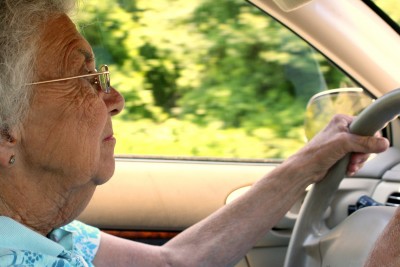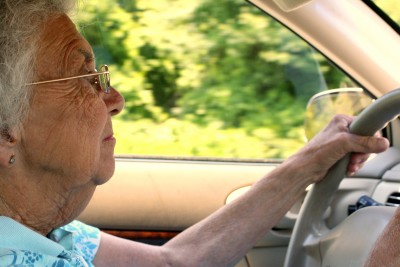The Driving Dilemma - Why It is Everyone's Business


According the Insurance Institute for Highway Safety, seniors age 80 and older have the highest rate of fatal crashes per mile driven - even high than for teens. As our aging population rapidly increases, the driving dilemma is most certainly everyone's business and a problem that must be addressed at many levels.
Vision problems, slower reactions and other effects of aging increase the risk of crashes. But most state legislatures ignore the problem. Only 19 states make seniors renew their licenses more often than younger drivers. Half of those states cut eight- to ten-year renewal periods down to four to six years.
Driving represents independence and freedom, in addition to providing mobility, and politicians aren't eager to take on seniors by making driver's-license renewals more stringent. But state lawmakers largely sidestep the issue, so it's up to families to take action when a loved one is no longer a safe driver.
Easier said than done. Families who have dealt with the driving dilemma of a spouse, parent or friend can attest to the battle that is likely to embroil when the topic of car keys ensues.
It is everyone's business that we address these issues today. Lawmakers, healthcare professionals, EMTs and families must work together in better assessment standards to determine functional ability of an older person to drive safely. We need more education when it comes to guidelines and helping everyone who has a stake in determining if an older adult is physically and mentally competent to get behind the wheel.
Studies have shown that the driver with dementia is at increased risk to cause traffic accidents. In one study, there was a 47% prevalence rate of crashes among 30 persons with Alzheimer’s disease (AD) compared to 10% of 20 age-matched controls in a retrospective survey over 5 years. Overall, there is probably a 2- to 8-fold greater risk of crashes for elderly drivers with mild to moderate dementia compared to those not demented.
Lawmakers need more stringent testing for older adults, Law Enforcement and EMTs need training to quickly assess the presence of cognitive impairment and families need education on how to communicate with their loved ones about this sensitive issue. Too often, families are not knowledgeable themselves of what to look for in terms of driving incompetencies and they too lack assessment tools.
"If you see something say something". The general public needs to be made aware of the risks of older drivers. Like airport security reminders, we should be regularly reminding the public to call in unsafe drivers so law enforcement can take appropriate action. before it's too late.
Aging education and training, especially in the area of dementia, are in high demand. Stakeholders have only so much bandwidth to provide the training that is needed across the spectrum. The challenges escalate every day, and until we work together in getting this training to the hands of professionals, families and lawmakers our dilemmas will escalate as fast as our aging population.
Pam Brandon is President and Founder of AGE-u-cate Training Institute. Aging advocate, speaker and trainer, Pam is passionate about helping families and professionals create transformative change in how they care for older adults.


